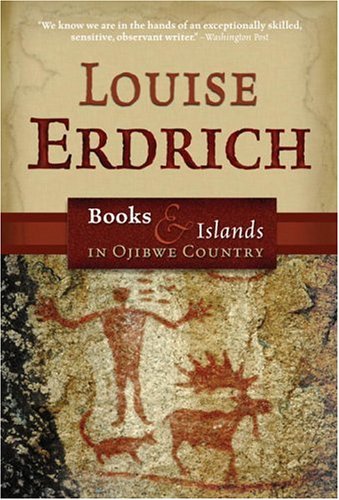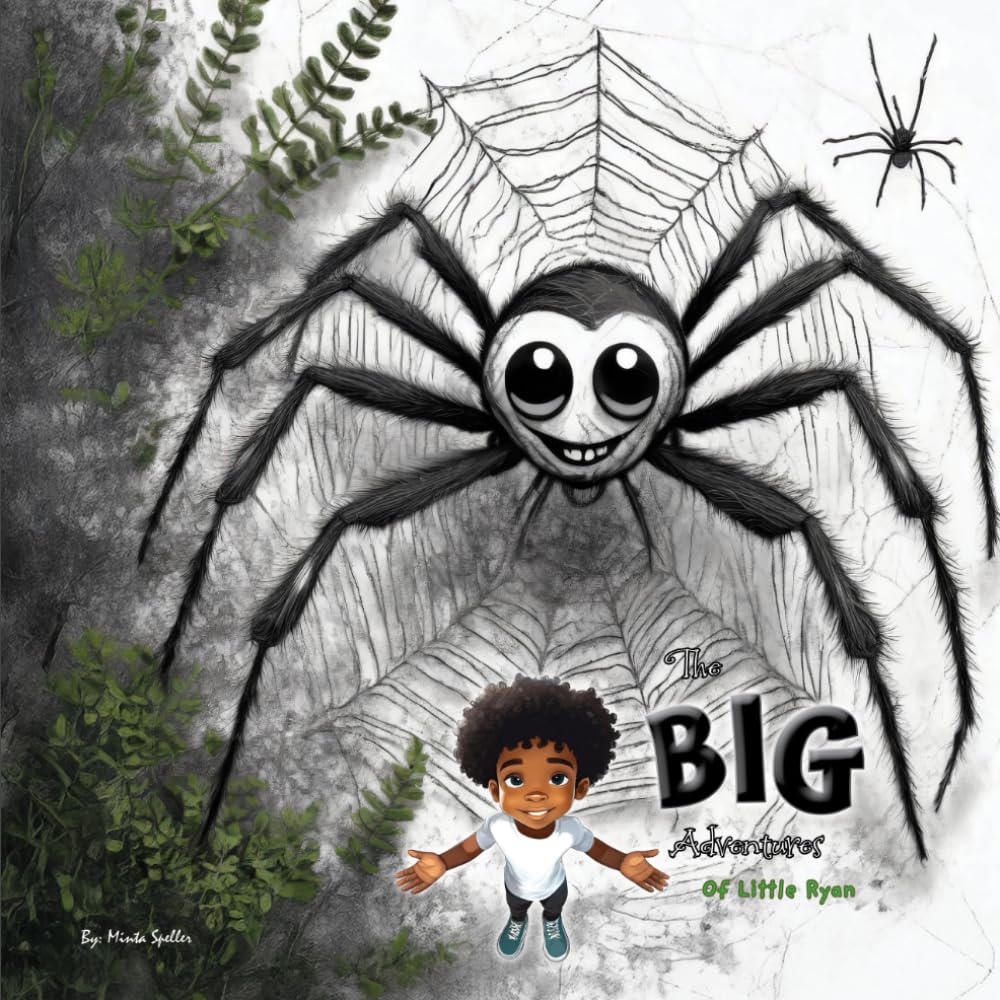In Books & Islands in Ojibwe Country Erdrich compellingly writes about the Ojibwe spirits and songs, language, and sorrows that have passed down through generations. Erdrich later travels to Rainy Lake, to an island of real books, the world of an exuberant eccentric and close friend to the Ojibwe, who established an extraordinary library there a hundred years ago. Set against commentary about her own family and contemporary lifeand written in beautiful and powerful proseBooks & Islands in Ojibwe Country is an intensely thoughtful, intimate, and fascinating cultural excursion. Louise Erdrich puts the reader in the passengers seat on a journey that is equal parts memoir, history, and mythology in Books and Islands in Ojibwe Country . She travels to Southern Ontario and Minnesotas Lake of the Woods and Rainy Lake to learn about the land, her tribe, and the stories left behind. Whether by car, by boat, or on foot, Erdrich finds her highly personal expedition enveloped by stories found in books, songs and rock paintings of her Ojibwe ancestors, the islands, and even water: "You could think of the lakes as libraries," she notes. Erdrich expertly weaves the oral traditions of her ancestors into the account of her trip, integrating Ojibwe rituals and language. Her odyssey offers numerous history lessons unheard of in American textbooks. Erdrich, perhaps best known for her novel Love Medicine , once again reveals territory unfamiliar to--and untouched by--most of the outside world. One of Erdrich's last stops is on an island estate that belonged to explorer Ernest Oberholtzer, a friend of the Ojibwes. Obers island, as Erdrich calls it, is home to more than 11,000 books. Erdrich delights in her surroundings, but admits she is in "somewhat uneasy agreement with the spirit of the island, which is to let the books exist as they were meant to exist, to be read, to be found and then unfound. To have their own life." It is a striking analogy to the American West and its Native people. Ultimately, Erdrich concludes that books should be preserved--and share! d. It is their presence that ensures she will find comfort and companionship. --C.J. Carrillo Fans of Erdrich's best-selling fiction will recognize her signature combination of the sacred and the ordinary in this lively traveler's memoir, and many will enjoy the rare glimpse of her personal life as well as the physical facts of her journey from her home in Minneapolis to the lakes and islands of her Ojibwe ancestors in Ontario and Minnesota. At 47, she's nursing her 18-month-old daughter, whose father, a spiritual leader, grew up in a time before the Ojibwe were removed from the islands. Erdrich reads stories everywhere, in the centuries-old rock art, in the astonishing old island library that she's helping to preserve on Rainy Lake, and then, on her return home, in the cozy bookstore she owns in Minneapolis. It's a winning combination of city (she's grateful to reach her teenage daughters on her cell-phone), history, and wilderness. Like a chant through the book is her repeated question, "Books. Why?" She finds all kinds of answers, irreverent and wise, but she ends with the elemental: "So that I will never be alone." Hazel Rochman Copyright © American Library Association. All rights reserved Louise Erdrich, daughter of an Ojibwe-French mother and a German-American father, is one of our foremost contemporary writers. Her first novel, Love Medicine, won the National Book Critics Circle Award and other prizes and launched a remarkable string of books that includes The Beet Queen, The Bingo Palace, Tales of Burning Love, and The Antelope Wife, among other triumphs. She lives in Minneapolis. From the Trade Paperback edition. Used Book in Good Condition













